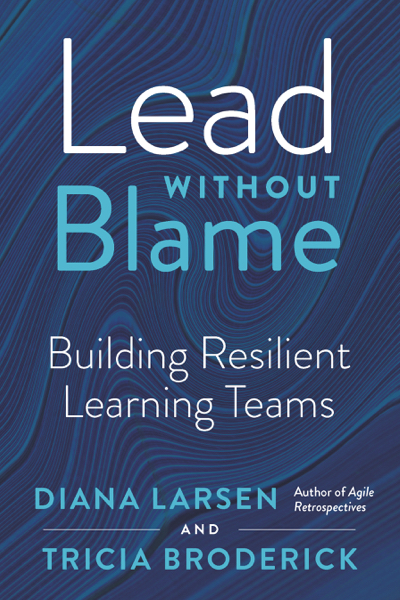I recently was asked to help someone work through their anxiety about talking in front of a large number of people. Now, I’m no therapist so I wasn’t going to try to get to the root of the anxiety. However, I could give a number of different tips/tricks to help put this challenge in perspective. Yet I will own upfront, that I have zero anxiety about talking in front of a large number of people. I probably should – it would keep me out of trouble more – but I don’t. So I share these options with acknowledgment that the anxiety may remain but hopefully be a little less.
- Remember they don’t know what you were going to say. More often then not, if you mess up your “script”, no one knows and no one cares. This only becomes an issue when you announce to everyone that you messed up or forgot to cover something. Instead, just work the missing material into another spot.
- In order to avoid “notes/script” when I’m talking in front of a large group, I will often create a short hand key point sheet that let’s me glance to see if I have to cover anything else. For example, at Agile2017 one of my little sheets looked like:
Exercise (aha)
Events
Feedback
Keynote
Super simple. I know what I needed to say for each of them, I may just need a quick reminder that topic is something i need to cover. This prevents you from reading while up on stage but gives you a backup to ensure you cover everything.
- Have backup (risk response plans) for things. What would you do if the slides didn’t work? What would you do if the mic didn’t work? What would you do if no one does the exercise? Simply by thinking through these you can have plan and/or realize that if it happened, it wouldn’t be the end of the world. The computer froze on me during at Agile2017 but the clicker kept working, which meant when they switched to the backup computer – I was on the last slide. I simply did a failure bow and asked them to put it back to the last slide. I actually got several compliments on that response.
- Don’t try to copy someone else’s style. Be authentic. If you are not the loud, joking, extrovert that I am, don’t try to be that. Get energy in a different way – through exercises, storytelling, etc. People respond to people that are authentic.
- Seed the session a little bit to get started. When I facilitated a stalwarts session at Agile2016, I assume people do not know what the fishbowl format is. So as people are entering the room, I’m looking for people that I know do. I ask them to help demonstrate how this works by going first. People will follow the example of others when they see how it is done. I could talk for days about the instructions – some need to see it and follow others that go first.
- Have a few friends and/or trusted colleagues up front. You won’t be able to see the majority of people – especially if there is lighting on you. So having a few friendly faces that are responding and positively reacting to what you are sharing, can help feed your energy and flow on stage. I’m very grateful that in each keynote I’ve given, there are always a few nodding and smiling faces in that front row to support me.
- Go for a walk about 15 minutes beforehand and/or take a few slow conscious breaths a few minutes before you go on stage. Both of these will help get oxygen to the brain and release some adrenaline.
- Of course, I also suggest a few power poses.
- Have water on the stage (if nothing else you can take a minute for a drink to collect yourself.
- And obviously, practice…to others, in a mirror, etc. Know your content (not the script).
These are suggestions that may or may not work for you. I hope at least some help because the most important thing is that you continue to share your knowledge with the community!
What helps you when you need to talk to a large audience?





Great tips! I always assume something will not work or I will mess something up. I don’t assume it in a bad way though. I just get comfortable with the fact that something will go wrong – even if they audience does not realize it – “oh no, I forgot to say ‘abc’.” Once you just get comfortable that you are human and you can make a mistake (or that technology WILL fail) you can relax a bit. If something does happen, you can just own it if needed (as Tricia mentioned the failure bow) or decide it doesn’t matter if that is the case. Always remember, everyone in the room has slipped up at some point or forgot something. The one that says they have not, did and didn’t realize it!
– Jake